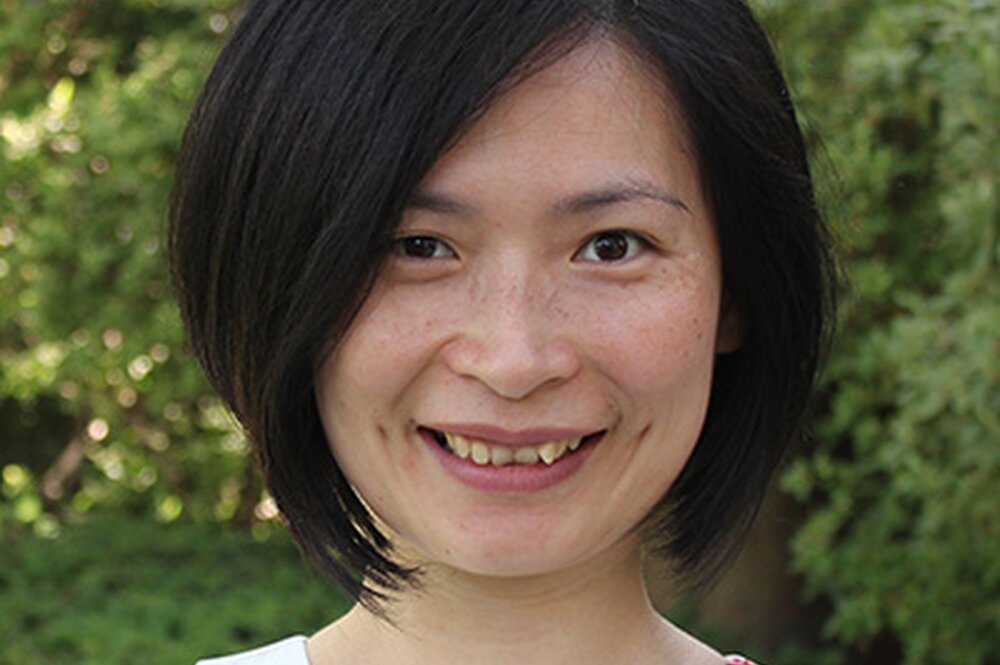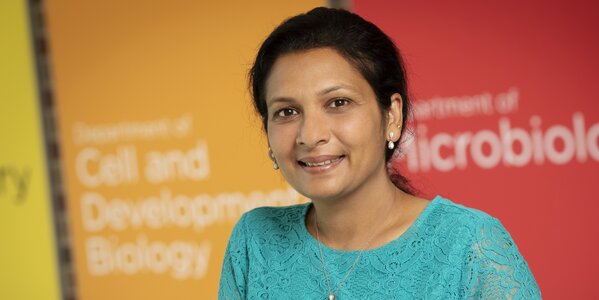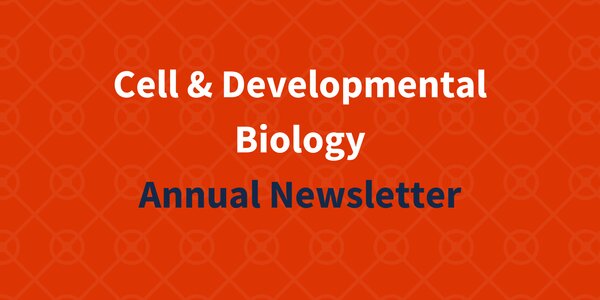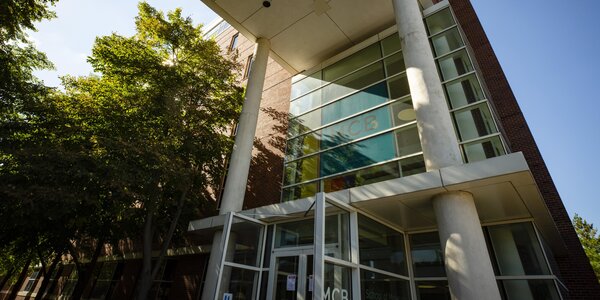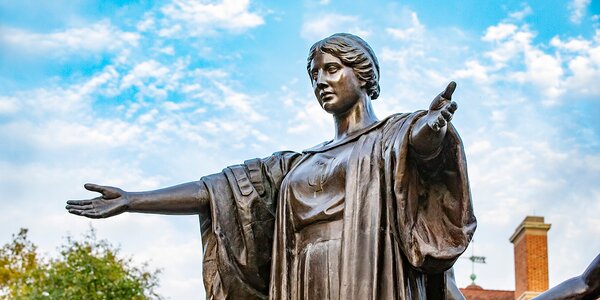In the Department of Cell & Developmental Biology
We study how cells grow and divide, assemble, and function to form multicellular organisms. Using multidisciplinary approaches, we investigate fundamental biological questions and are dedicated to training and educating students in modern molecular and cellular biology, cancer biology, developmental biology, and neuro-cognitive sciences.
Block Reference
Cell & Developmental Biology News
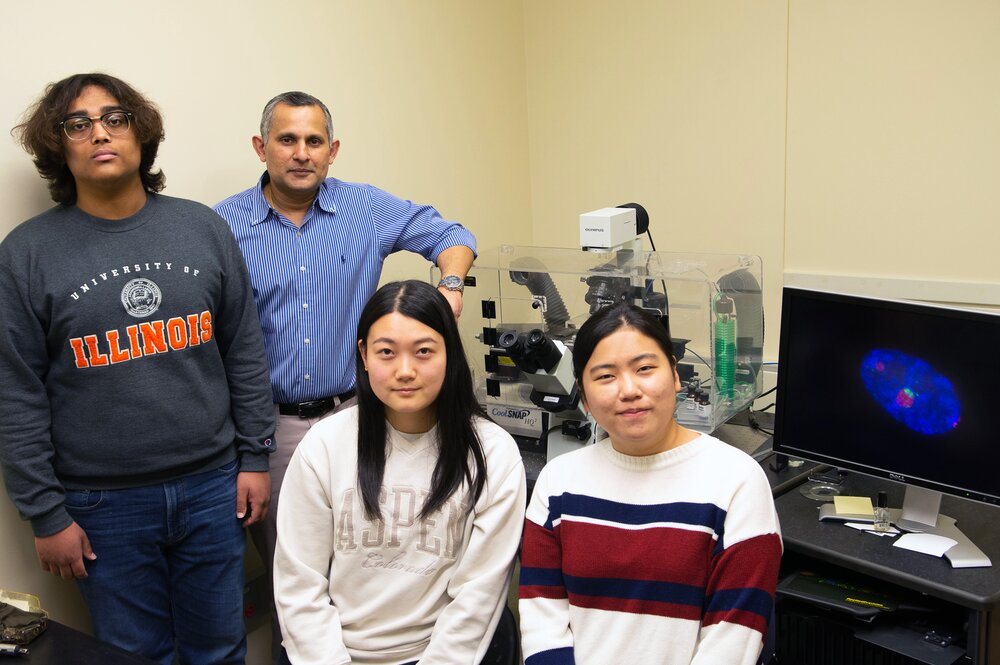
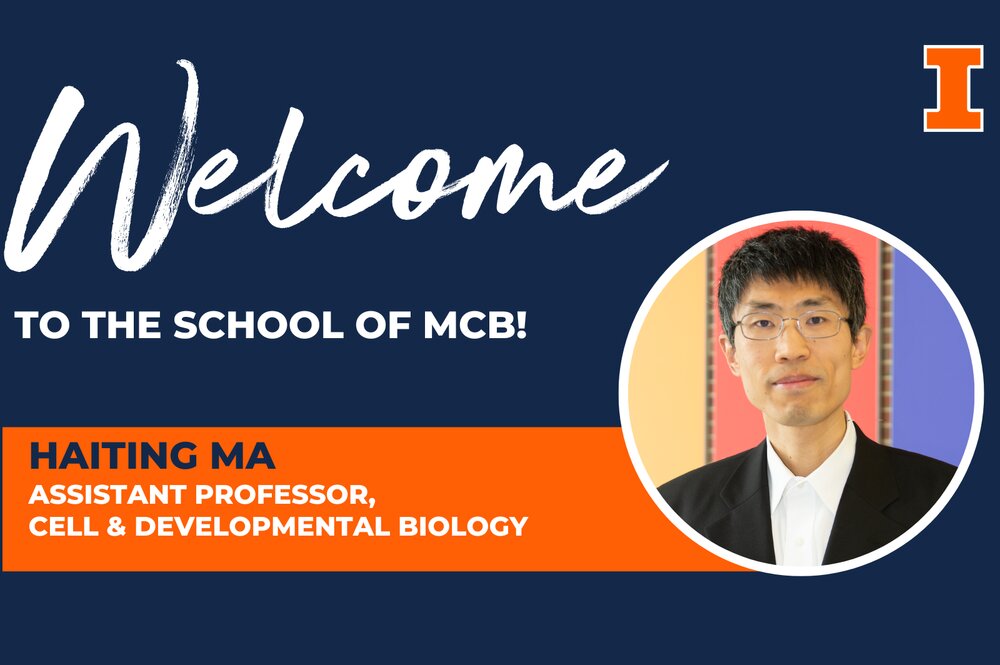
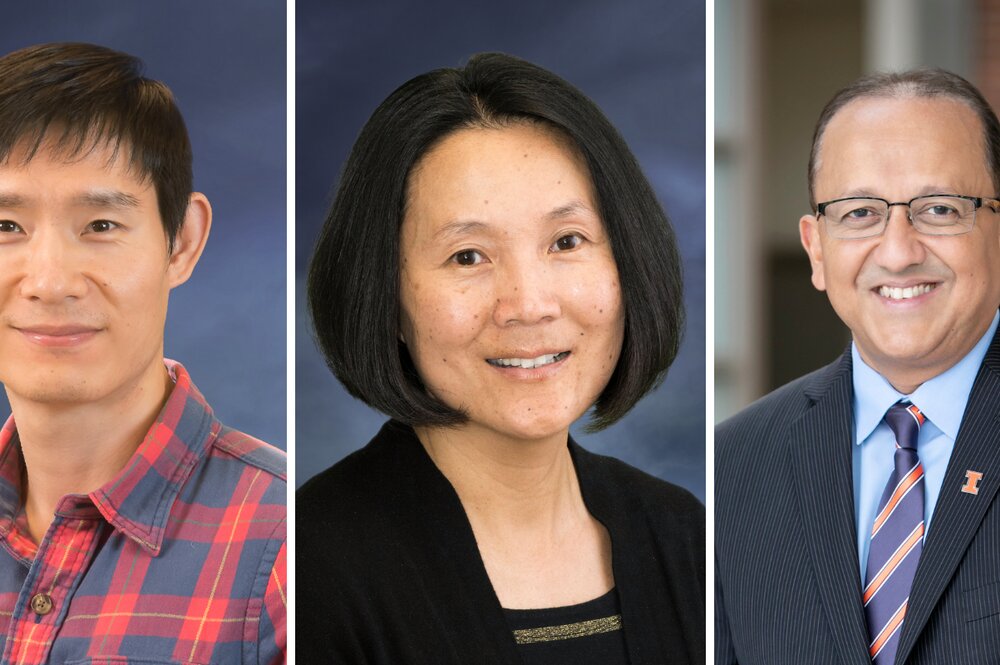
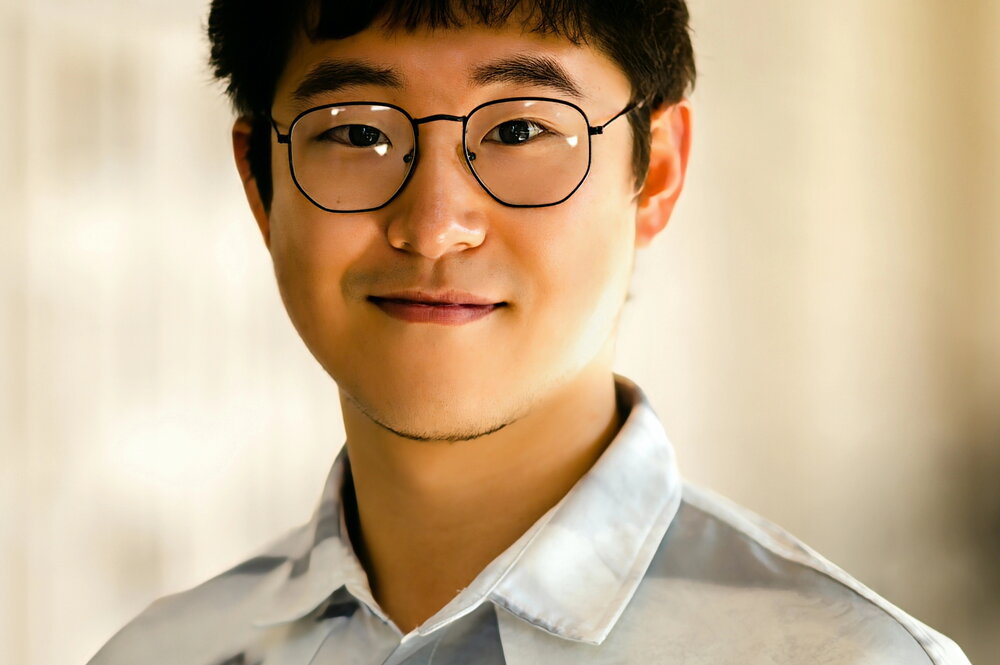
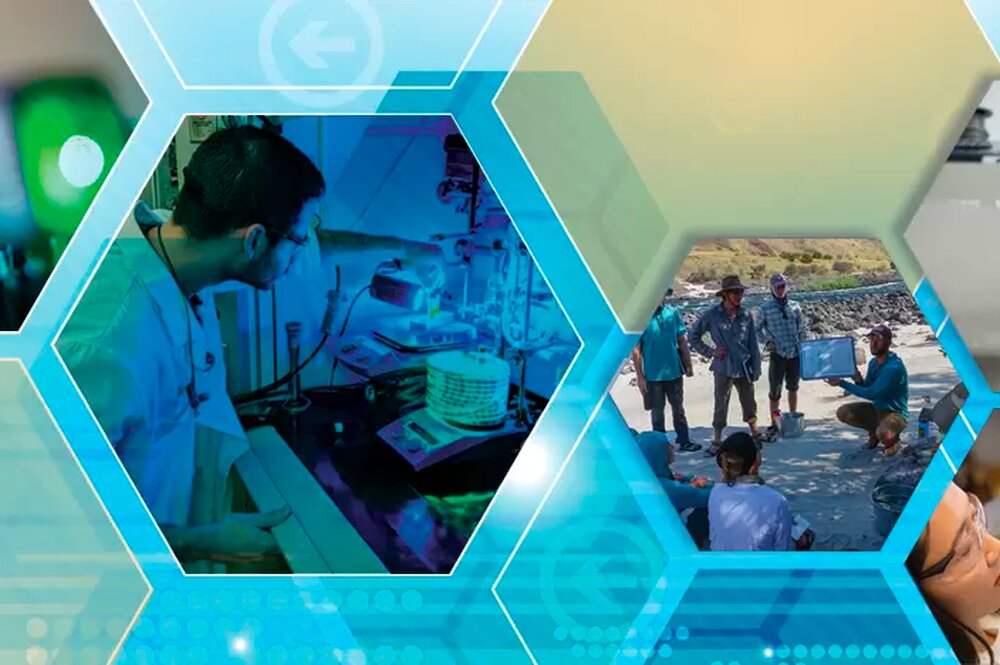
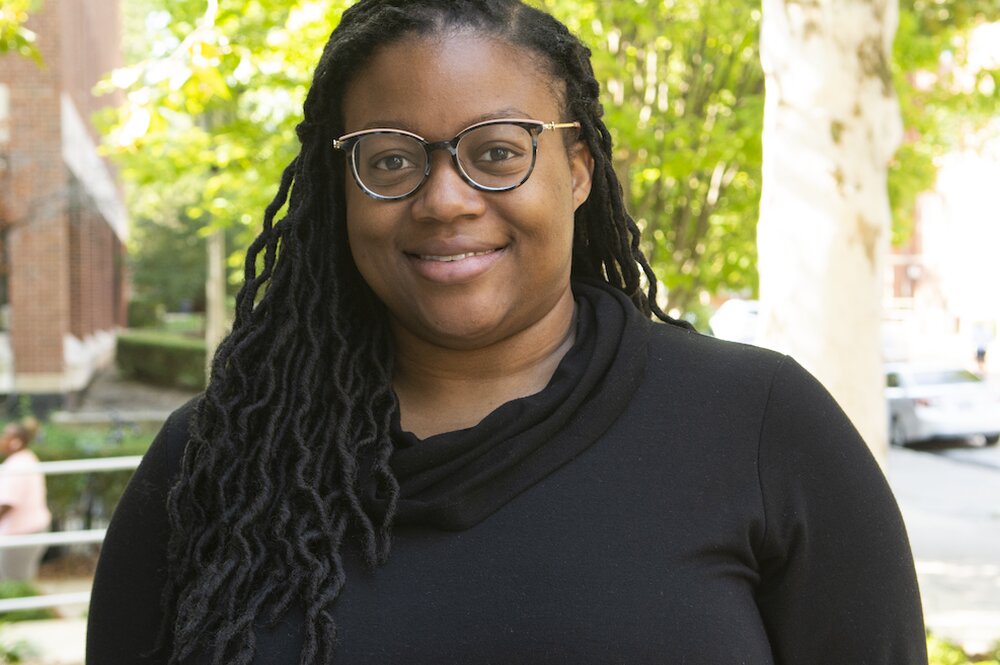
Subtitle
Become a skilled, creative biologist
Title
PhD in Cell & Developmental Biology
Title
PhD in Cell & Developmental Biology
Body
Our program is designed to set the foundation for a future scholar or industry leader to uncover new knowledge in the field, critically analyze scientific data in molecular life sciences, communicate the significance of biological phenomena, and lead research and development efforts to enhance human health.
Upcoming Cell & Developmental Biology Events
Meet MCB's Cell & Developmental Biology Community
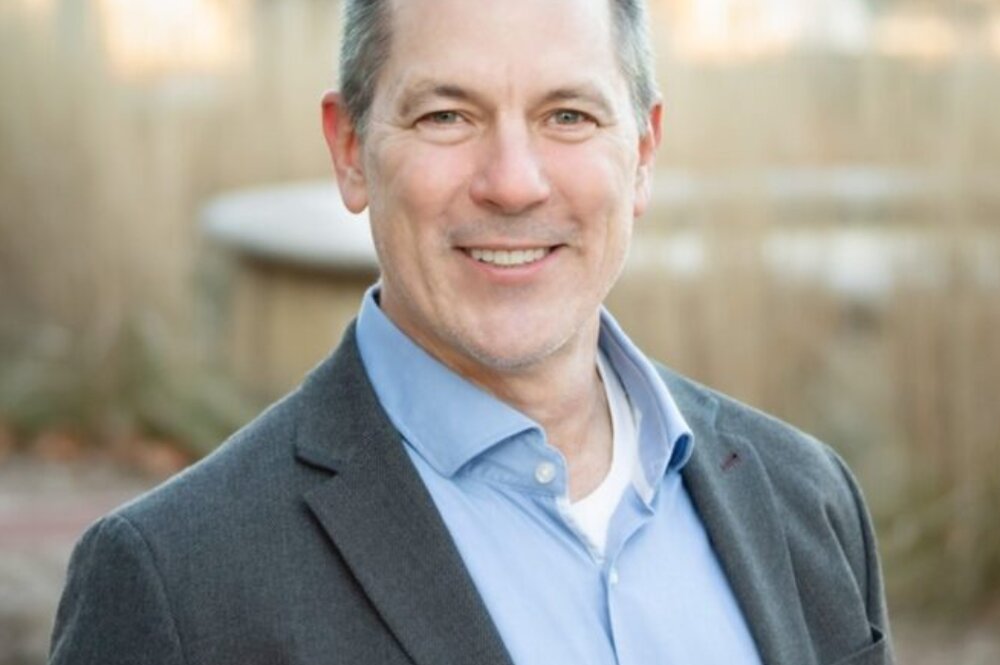
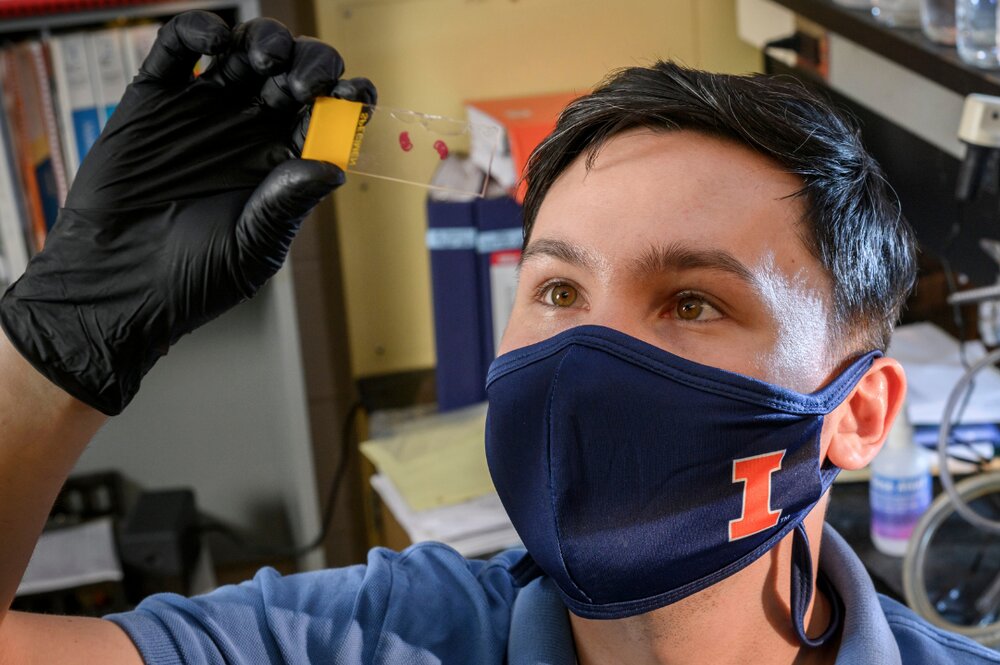
Image
